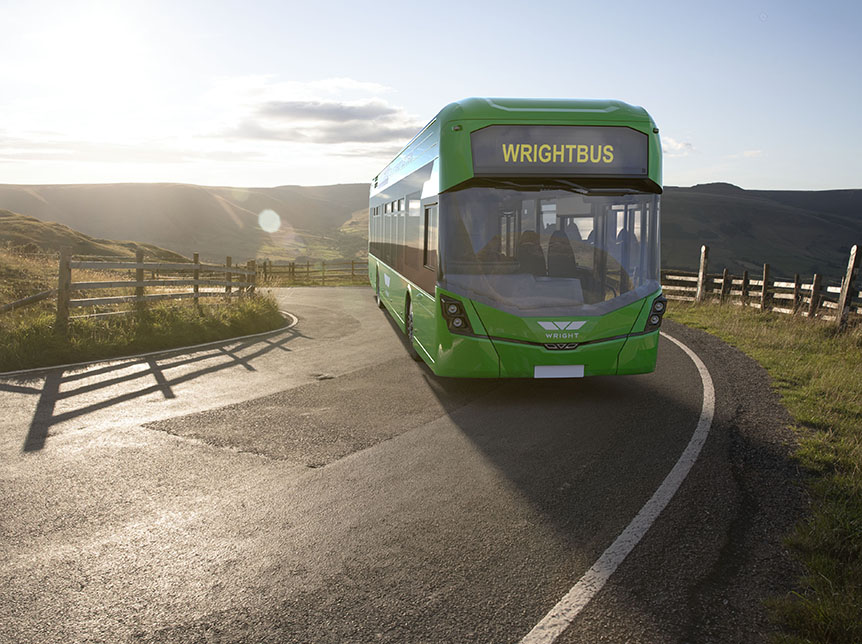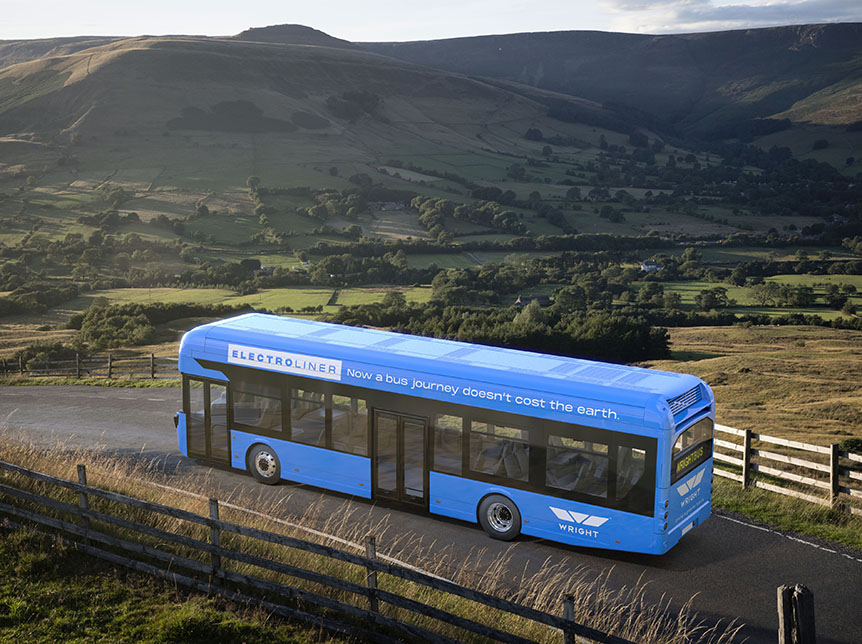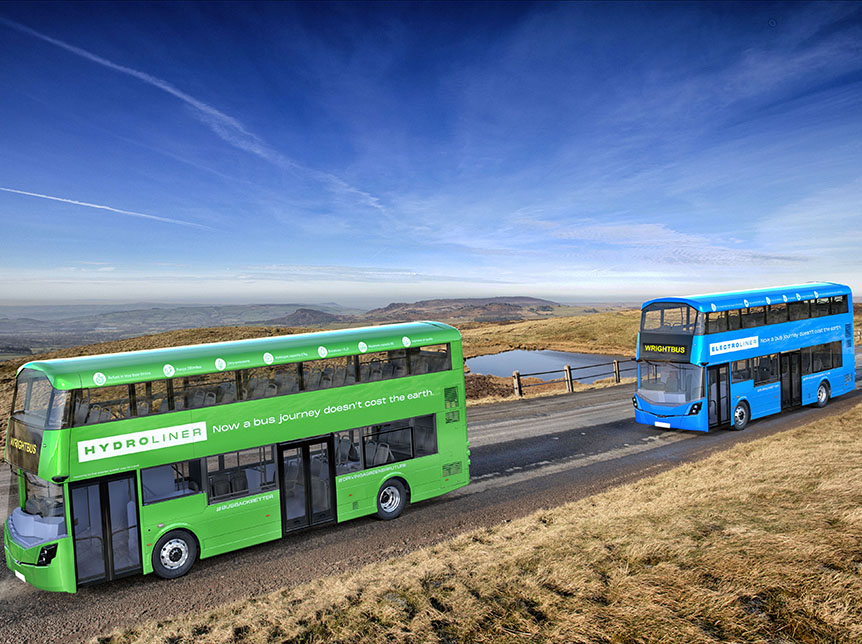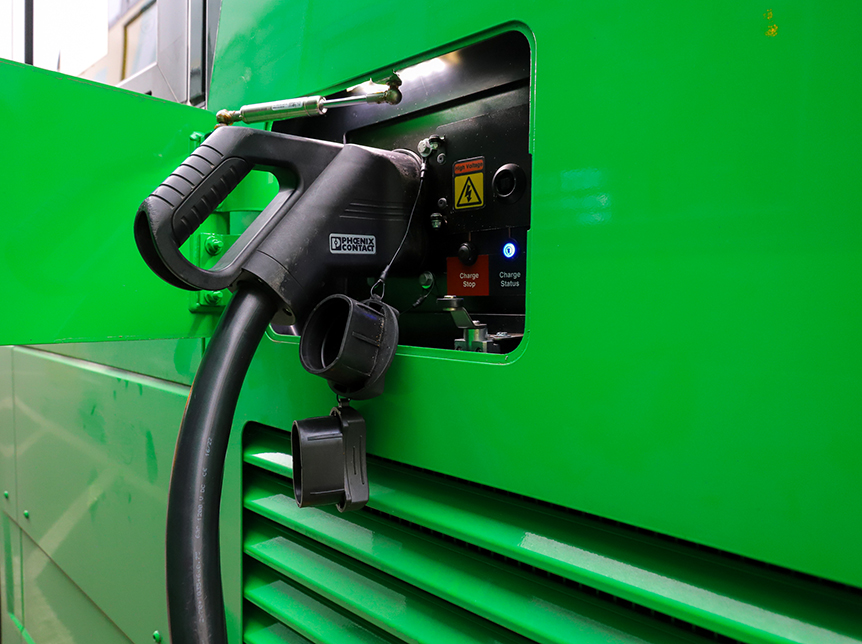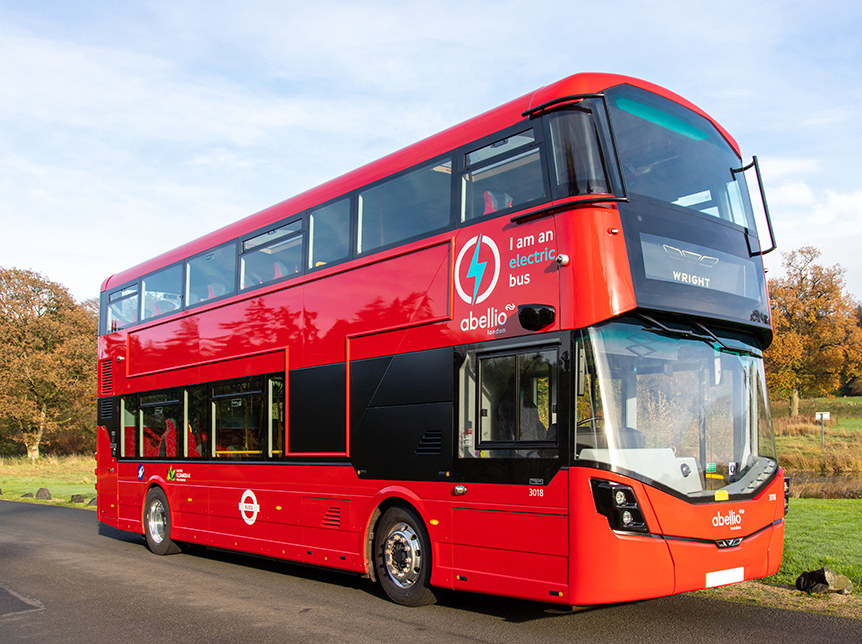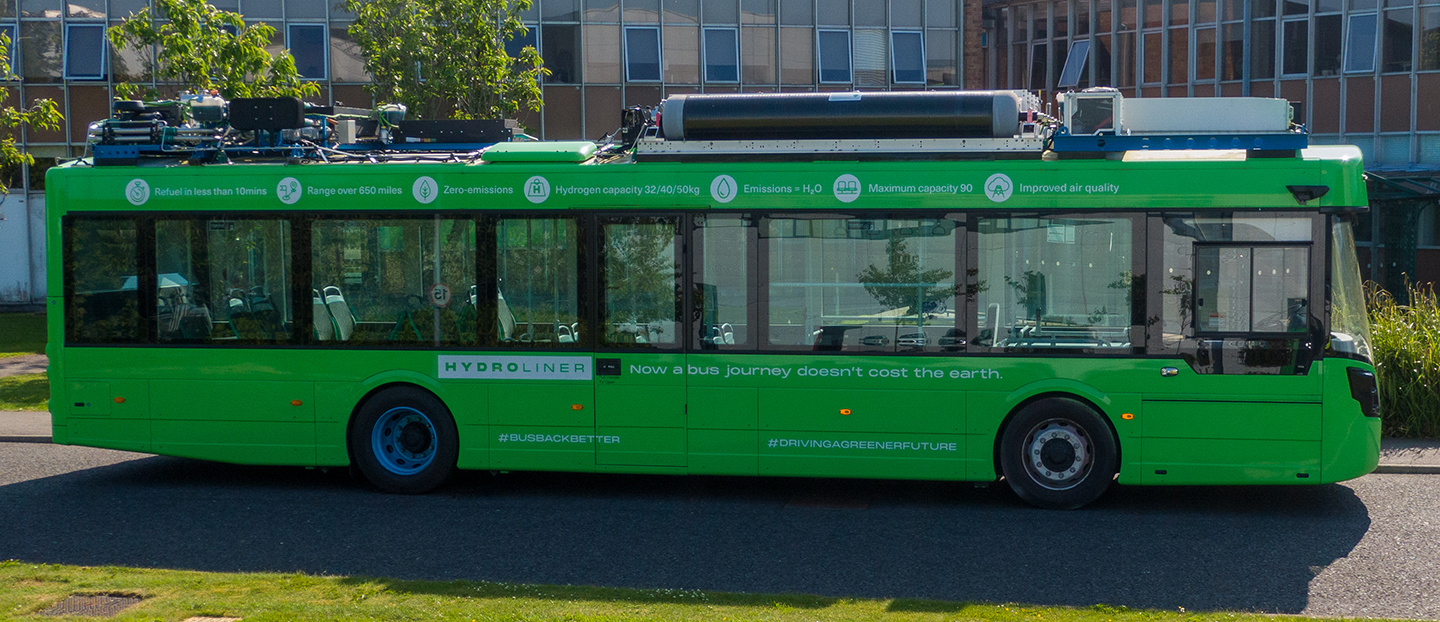
In the quest for a sustainable and eco-friendly future, hydrogen fuel cell vehicles have emerged as a promising solution. These innovative vehicles harness the power of hydrogen to produce electricity, offering a cleaner alternative to traditional gasoline and diesel-powered cars. In this blog, we'll delve into the world of hydrogen fuel cell vehicles and explore how they are paving the way towards a greener transportation landscape.
Hydrogen Fuel Cell Technology: Powering the Future
At the heart of hydrogen fuel cell vehicles lies cutting-edge technology that transforms hydrogen gas into electricity, releasing only water vapor as a byproduct. Unlike conventional internal combustion engines that emit harmful greenhouse gases, hydrogen fuel cells provide a zero-emission solution, making them a pivotal player in combating climate change.
The Mechanism Behind the Magic
Hydrogen fuel cell vehicles operate on a simple yet ingenious principle. A fuel cell stack, typically located under the vehicle's hood, consists of multiple cells that contain a catalyst-coated membrane. Hydrogen gas enters from one side of the cell, and oxygen from the air enters from the other. The catalyst triggers a chemical reaction, splitting the hydrogen molecules into protons and electrons. This reaction generates an electric current that powers the vehicle's electric motor, propelling it forward. The only byproduct of this process? Pure water vapor, which exits the tailpipe harmlessly.
Advantages of Hydrogen Fuel Cell Vehicles
Zero Emissions: Hydrogen fuel cell vehicles emit only water vapor, contributing significantly to cleaner air and reduced greenhouse gas emissions.
Longer Range: Hydrogen vehicles often boast longer driving ranges compared to battery electric vehicles, making them a viable option for long-distance travel.
Quick Refueling: Refueling a hydrogen vehicle takes just a few minutes, similar to refueling a traditional gasoline car, whereas battery electric vehicles require longer charging times.
Reduced Dependence on Fossil Fuels: Hydrogen is a renewable energy source that can be produced using various methods, including electrolysis of water using renewable energy sources like solar or wind power.
Challenges and Future Prospects
While hydrogen fuel cell vehicles offer numerous advantages, challenges remain. One significant hurdle is the production, transportation, and storage of hydrogen fuel. Additionally, building a robust hydrogen refueling infrastructure poses a logistical challenge, as it requires substantial investments. However, governments and industries worldwide are recognizing the potential of hydrogen technology and are investing in research, development, and infrastructure to overcome these obstacles.
A Glimpse into Tomorrow's Roads
The development of hydrogen fuel cell vehicles represents a transformative shift in the automotive industry. Companies like Toyota, Honda, and Hyundai have already introduced commercial hydrogen vehicles, with plans for expansion. Furthermore, hydrogen technology isn't limited to cars alone; buses, trucks, trains, and even ships are exploring the benefits of utilizing hydrogen fuel cells.
Conclusion: Driving the Change We Need
As the world seeks sustainable solutions to combat environmental challenges, hydrogen fuel cell vehicles offer a beacon of hope. Their ability to provide efficient, zero-emission transportation, coupled with advancements in production and infrastructure, positions them as a key player in shaping a greener future. With continued investments and collaborations, hydrogen fuel cell vehicles have the potential to redefine the way we travel and pave the way for a cleaner, brighter tomorrow on our roads.
Read more

Get in touch
Wrightbus has been at the forefront of transport innovation since 1946, relentlessly pushing the boundaries with its commitment to quality, style and safety.
